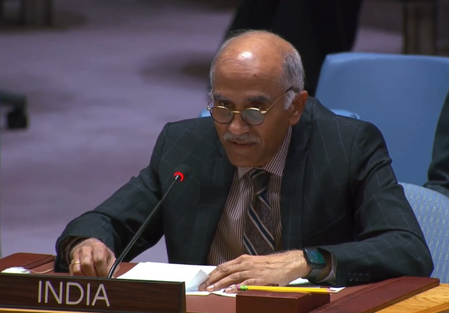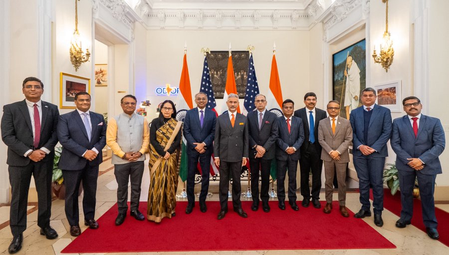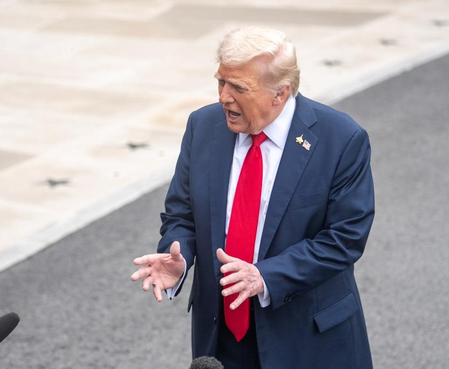
United Nations, Nov 15 (IANS) India has criticised Pakistan heading the Security Council’s committee on sanctions against the Taliban and co-chairing the counter-terrorism panel, citing conflicts of interest.
Council members must be prevented from chairing committees when they have “vested interests”, India’s Permanent Representative P Harish said on Friday at the Council debate on its working methods.
“Obvious and outright conflicts of interest can have no place in the Council”, he said
He did not name Pakistan, which is an elected member of the Council serving a two-year term, or the Taliban sanctions committee or the counter-terrorism panel, but it was obvious who and which committees he was referring to.
The panel known as the 1988 committee after the serial number of the resolution creating it, has the power to ban travel by Taliban members and the visit of Afghanistan’s Foreign Minister Amir Khan Muttaqi to India, which finally took place last month, had faced delays because of hitches in getting a travel waiver.
Pakistan is locked in a conflict with Taliban-led Afghanistan and there have been skirmishes between their forces.
Pakistan is the co-chair of the counter-terrorism committee while providing a safe haven to several terrorist groups and leaders, including those sanctioned by the UN.
“Selection of Chairs of subsidiary bodies and pen-holderships needs to be carried out in a more transparent, objective and time bound manner”, Harish said.
The subsidiary bodies are the Council committee doling out sanctions or dealing with specific issues, while “pen-holders” are the members of the Council entrusted with primary responsibilities for certain countries and issues.
Harish also called for ripping off the veil of secrecy shrouding the working of the Security Council’s anti-terrorism committees and the selection of their chairs.
“There must be greater transparency in the functioning of the subsidiary organs”, he said.
Decisions on declining requests for sanctioning terrorists or terror organisations are made secretly, he pointed out.
“A case in point is the manner in which listing requests are rejected. Unlike de-listing decisions, these are done in a rather obscure manner, with member states that are not on the Council not being privy to details”, he said.
China has repeatedly blocked efforts by India and the US to sanction Lashkar-e-Tayyiba and Jaish-e-Mohammad leaders through the committee charged with taking action against the Islamic State organisations and al-Qaeda and their related groups.
The panel is known as the 1267 committee after the Council resolution setting it up.
Harish also brought up the UN Military Observer Group (UNMOGIP) that was created to monitor the ceasefire in Kashmir, which India maintains has no relevant role, but Pakistan wants to keep.
“Continuation of mandates that have outlived their utility for narrow political interests of certain states must not be allowed”, he said without naming UNMOGIP or Pakistan.
“This continued existence in a resource constrained scenario is a drain on the UN and member states” who are trying to streamline UN operations.
“I urge the Council to undertake necessary measures on this front to bring about sunset clauses” to UN peacekeeping operations.
This could apply to other peacekeeping operations also.
–IANS
al/rad




